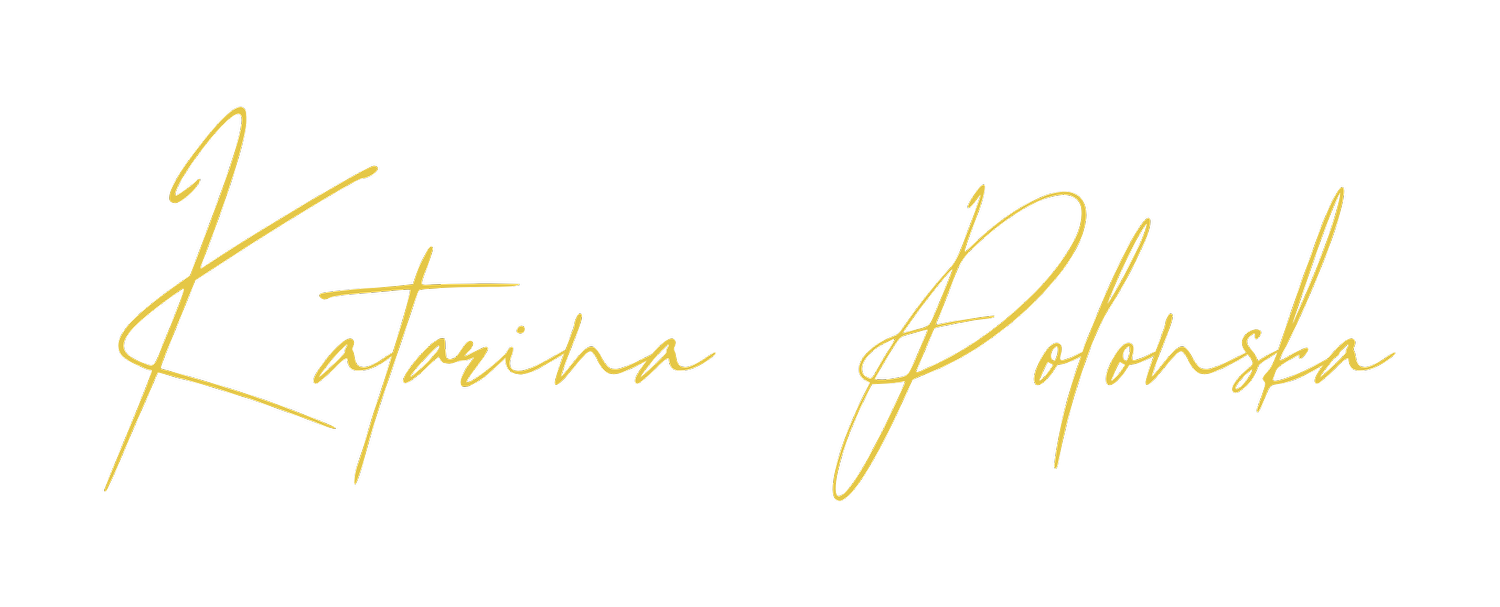
Blog Posts

3 reasons why career success destroys marriages - and how to stop it before it’s too late.
Here's something shocking for you high-achievers:
Career success increases the likelihood of divorce by 40% since often the emotional connection is neglected at home.
And, even more awful, the divorce rate among entrepreneurs is around 48–53%...significantly higher than the national average.
Yup, the higher you climb, the more you damage the emotional safe space and foundation that you assume would always be there.
Why does this happen?
Here are 3 reasons:

I’ve tried tons of things to help me improve my personal life, my relationships. Why is nothing working?
I get it. I really, really do. This used to be me.
This is what I call the ‘scatter-gun approach’. Where we get sucked into all these magical silver bullet solutions that are apparently going to help us, and so we throw money at the problem, trusting it’ll fix us, fix the situation, and get us to where we want to get to.
And we DO want to find love. We DO want to find that special person, and to have that meaningful relationship. We do.
We just don't know if it’s going to actually happen for us. Because surely, by now, something should have worked?

Why most dating and relationship advice you’ll see out there is garbage - and how I can help you unlock your full relationship potential
I discovered this the hard way. Both when I was single throughout my 20s and early 30s, and when I was both in my painful first engagement, trying desperately to figure out what the heck was happening that made me feel so bad. I was a wizard at looking for online support. Trust me.
As someone who had grown up reading most of the self-help books out there (I was 12 years old when I read Susan Jeffers ‘Feel the fear and do it anyway guide to love’), and having worked in behavioral science, I had tons of resources at my fingertips. When instagram became a thing, I was a pro at trawling through endless relationship and dating coaches, screenshotting their tidbits of advice, and passive aggressively sending them to my partner at the time trying to make things better (terrible). I got into podcasts, listening to ones aimed at women, aimed at men, both, and doing my best to arm myself with knowledge and wisdom that would help me find the One. I was hooked on reality TV shows, Sex and the City, and whatever else I could binge on that would help me understand ‘love’.

The Successful Executive and Entrepreneur’s Achilles Heel: Why You're Single and How Behavioral Science Can Help You
Here's the truth, many successful executives, entrepreneurs, and go-getters find themselves single well into their 40s and 50s. It's a paradox, right? You've mastered the art of building something substantial in your work life, yet creating a fulfilling romantic partnership feels frustratingly elusive.
You work hard, you apply yourself. You’ve gone to therapy, listened to some podcasts, read a few books. You’ve heard about Attachment styles and love languages, you’ve watched some YouTube dating bloggers and you learned a lot from your ex partners. You’ve had some long-term relationships and you feel pretty experienced in the relationship world.

Successful professionals, let's talk ROI: Why investing into your love life is a power move for your career
You’re a successful professional. You've spent your life working hard, achieving, go-getting, and being a good student of your career. You’ve invested into it, and invested into yourself.
Your 20s and 30s were a flurry of endless board meetings, deals, and sitting in offices with ever-increasingly better panoramic views. You also had a personal life that you thoroughly enjoyed: you travelled a lot, you saw the world, you had your adventures. You also achieved a heck of a lot of success. And honestly, whilst you would love to have achieved more (because, is it ever enough? ;)), you’re proud of yourself. You know you’re tenacious, hardworking, and still have a LOT ahead of you.
But lately, all of this feels a little…empty. You're a powerhouse at work, but your personal life has recently felt more and more like some sort of neglected side hustle. It’s not going too well. And it’s a bit…well, flat.

What do I do next in my career? How to figure it out
Often the totally rational decisions we make are so logical and calculated that they are removed from who we truly are. They make us out like chess pieces, bizarre little pawns in the world of corporate, making moves that will win us points and get us up the ladder...they miss the other parts of us that are equally important: our hearts, our desires, and our very real physical needs.
